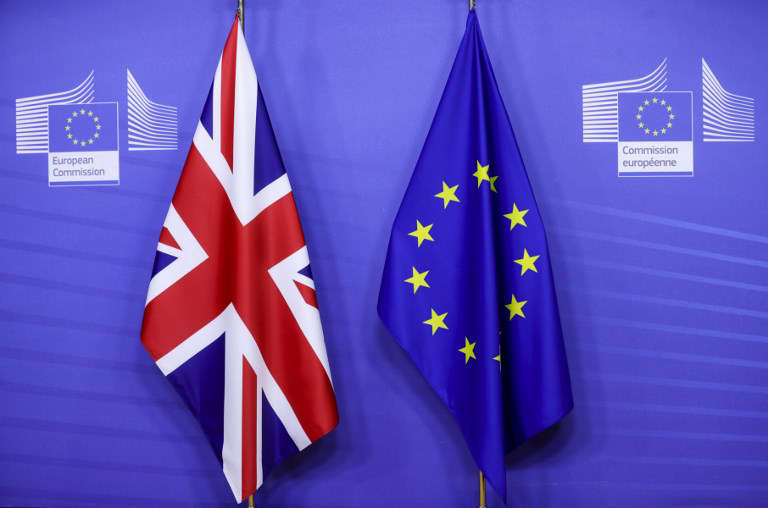The European Parliament has formally approved the post-Brexit Trade and Cooperation Agreement (TCA) reached between the continent and the United Kingdom last year.
The agreement came into force provisionally on 1 January this year, when the UK officially left the union, but parliament’s consent is necessary for the agreement to enter into force permanently, which it will do on 30 April 2021 once the European Council has concluded.
“The TCA marks the foundation of a strong and close partnership with the UK. Faithful implementation is essential,” said European Commission President Ursula von der Leyen, welcoming the outcome of the vote.
I warmly welcome the @Europarl_EN vote in favour of the EU-UK Trade and Cooperation Agreement.
The TCA marks the foundation of a strong and close partnership with the UK. Faithful implementation is essential. pic.twitter.com/aTU7cOB5Ck — Ursula von der Leyen (@vonderleyen) April 28, 2021
During the vote on future relations between the United Kingdom and the continent on Tuesday, 660 votes were in favour of the agreement, five against and there were 32 abstentions, according to a press release from the European Parliament.
EU and UK negotiators had initially agreed on the TCA cooperation on 24 December last year.
Despite considering UK’s withdrawal from the EU, which it considers a “historic mistake”, the Parliament strongly welcomes the conclusion of the EU-UK Trade and Cooperation Agreement that limits the negative consequences of its departure.
Specifically, MEPs applaud the decision on the zero quotas and zero tariffs aspect of the trade agreement, which guarantees that “fair competition rules could serve as a model for future trade agreements”.
However, the press release stated that the continent regretted the UK’S refusal to extend foreign, security and development policies and did not want to participate in the Erasmus+ student exchange programme.
MEPs also highlighted that the European Parliament must play a full role in monitoring how the agreement is applied, including by being involved in unilateral EU actions under the agreement.
“The EU and the UK have created the basis for a relationship among equals. Most importantly, today is a beginning, not an end. For citizens’ interests to be represented, Parliament must be closely involved. Only a partnership in which both sides stick to their commitments has a future,” said Andreas Schieder, rapporteur for the Committee on Foreign Affairs.
Lauren Walker
The Brussels Times

